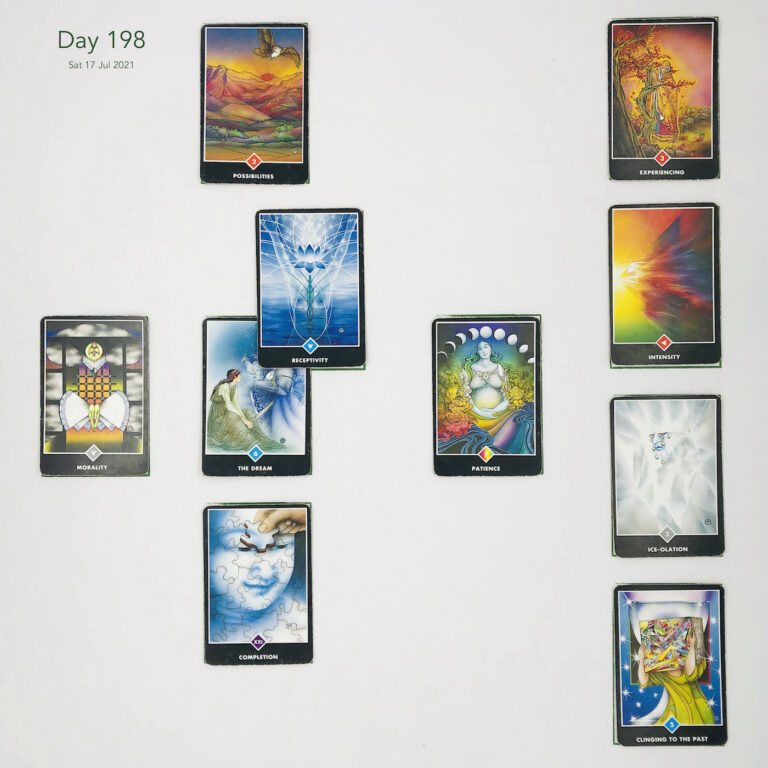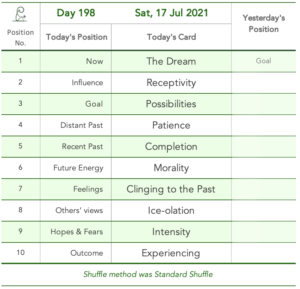Saturday, 17 July 2021

Old Movies Context
Most of today got spent on tidying and improving previous blogs for grammar and layout. There’s scarcely time to write, yet it was easier to focus on revisiting the past. Perhaps it’s something I needed to do – I was feeling nostalgic. As you can see, I did get time to write my thoughts about how old movies are dating.
There are instances every day where we age and learn more about the world. Decisions made in the past can take on a new perspective when times and circumstances evolve.
For instance, I tried to find an old movie that would support my statement and didn’t age well. The first website I landed on was criticising old movies (some Oscar winners) about casting choices because the film didn’t choose an actor of the ethnic origin the role required.
In their words, it’s “Alec Guinness portrays Prince Faisal in “Lawrence of Arabia,” citing it as an example of Hollywood’s “radical whitewashing.” I wasn’t sure if it was at the time or whether it was referring to today’s society. Retrospectively criticising choices back then doesn’t help, nor does burying old movies with good stories, filming and acting because casting choices of the time were seen through childhood glasses.
Stomping our feet, saying it’s wrong and “make the bad man go away” isn’t very mature either. So, what should we do? Perhaps the answer lies in educating today’s viewers to focus on the stories in the old movies. After all, there was a time when women weren’t allowed to act in Shakespeare’s day, but we still read Shakespeare. If Shakespeare used film in his day and captured men playing all the roles such as Orphelia or Lady Macbeth, would we eschew its brilliant storytelling? Perhaps.
Education and Old Movies
I understand the point the article was trying to make in saying some white male fat cats made these “old movies” in Hollywood to push a white male America hegemony. It was also possibly true. However, I suspect it was primarily blinkered by the times being unintended and innocent of maliciousness when the movies’ were filmed – with the odd exception. It was a large group, and the exception had a significant impact.
The article implied having Ben Kingsley play Gandhi was kind of concessional like he wasn’t Indian enough. For the role of Gandhi, no other Indian actors (from India) got interviewed for the position. Mind you; if I have Ben Kingsley accepting the role, I wouldn’t be looking much further either.
However, the likes of Mae West, a start of the old movies (the 1930s), were affecting change when she bought The Ravenswood and Mary Pickford when she owned United Artists Corporation (1920s).
Changing our Views
What hasn’t changed over time is the dedication of committed individuals to correcting some of these perceptions. Thankfully, due to those pushing for balance, future years will leave the proportion of “whitewashed” movies in the minority. Like Shakespeare, I hope, respected and still watchable the stories they tell, not what someone is reading into it.
Hindsight is a beautiful thing. I’m relieved to see the screens of cinema and television have become more diverse. Cinema and television are better for it, but sometimes some shows seem to add diversity for diversity’s sake, and it too can detract from a storyline.
Hopefully, storylines will naturally add “diversity” suited to the story rather than being tokenistic of every form of diversity to capture a wider audience. Tokenistic is an excellent way to start, but identifying when or at what point to stop being tokenistic and becoming real is tricky.
Sometimes in trying to cater to too many people, the reverse can happen. To butcher some of Bob Marley’s lyrics, Get Up Stand Up, “you can [please] some people some time, but you can’t [please] all the people all the time.” I’ve substituted the word “fool” for “please”.
Summary
Ah, yes. The good thing is over time, the old movies accused of being “whitewashed” will become fewer and will then simply form part of the diverse palette of available films we can watch. Acting is acting; after all, the skill of making people believe you are someone or something else is in the job description.
Today’s blog point is about how we should grow to be more tolerant of our own mistakes. As we grow each individually, we grow as a society, and this is what brings about change in new movies while appreciating the old movies.
Today's Cards

The Cards - Old Movies Analysis
Carryover Cards
One card carried over from yesterday; The Dream moved from Goal to Now.
Cross
In the Distant Past was Patience, and while waiting for things to progress, romantic notions and unrealistic expectations Now formed, taking the place of The Dream.
Receptivity influences The Dream and, in this case, is supporting dreamful ideals. The Goal of Possibilities shows multiple directions and offers a path out of delusion.
Recent Past has Completion, which ultimately leads to Future Energy of Morality.
So, what do the cards say? Wow! In the first paragraph (now, I write the context before I look at the cards), I talk about revisiting old posts and what I didn’t write is I’ve been waiting for the right moment to do this. The right moment hasn’t presented itself, so I simply went and did it. There’s a part of me that shrinks when I know how poor some can be.
Quickly then:
- Patience equals waiting for the right opportunity to revisit previous blogs.
- Receptivity over The Dream means I have high expectations and am open to changing their layouts.
- The Possibilities refers to transferring the blogs into Word, so I have a non-website location. A Word copy gives me protection against a website update going wrong and gives me a cleaner source if I finally get around to getting a developer.
- Completion is redoing a couple of blogs, fixing incomplete photos and lighting.
- Morality in the Future Energy is me writing other thoughts going through my mind today.
Base
After analysing the cross, today, my Feelings are I spent it dreaming of fixing the website and Clinging to the Past.
Others’ Views is Ice-olation and that I need to let go. The Osho book’s interpretation of this card and its depiction is the figure isolated from the world. Osho describes crying as the best way of letting go and melting the ice wall built around you.
Hopes & Fears is Intensity. Intensity is of fire and passion unconstrained, and I hope to find it to complete revisiting all previous blogs to tidy them up, too. Naturally, I fear I won’t see the Intensity, and my enthusiasm will shrivel, and my embarrassment remains.
Finally, it was revisiting the blogs was worth the experience. The Outcome of Experiencing early blogs also showed how I’d grown just this year.
So much for the writing on old movies and looking up the information.
References
- Osho, Osho Zen Tarot – The Transcendental Game of Zen, St Martin’s Press, ISBN 0-312-11733-7
- Related link is to Day 190 – Recognising Personal Growth
- Interesting link Day 191 – Revising the Cinema

